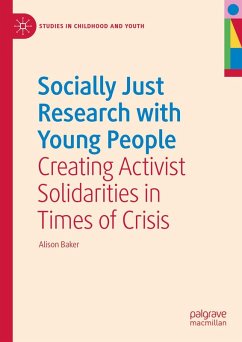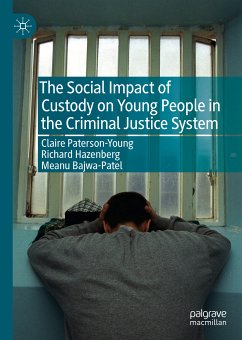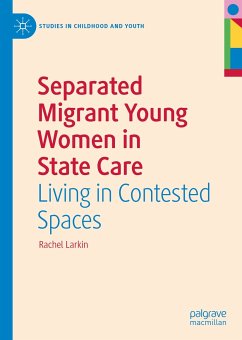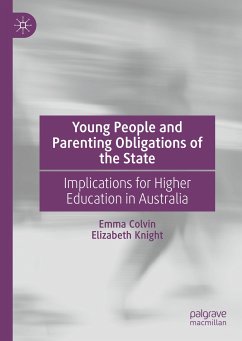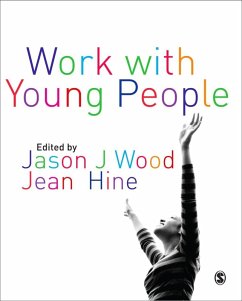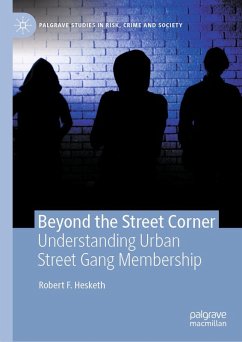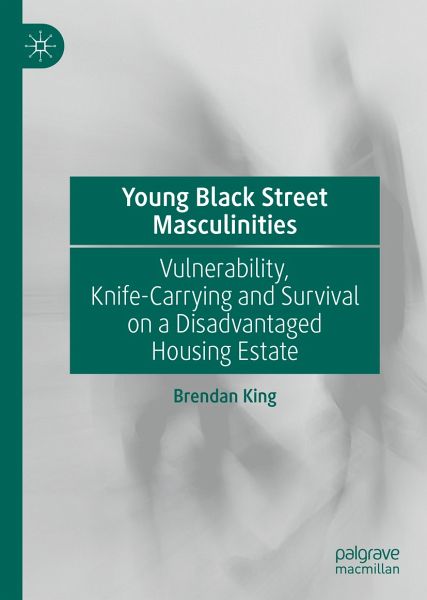
Young Black Street Masculinities (eBook, PDF)
Vulnerability, Knife-Carrying and Survival on a Disadvantaged Housing Estate
Versandkostenfrei!
Sofort per Download lieferbar
104,95 €
inkl. MwSt.
Weitere Ausgaben:

PAYBACK Punkte
52 °P sammeln!
This book describes how young Black men on a disadvantaged housing estate in London navigate the estate's expectations for their behaviour as they operate within a street code that endorses violence, knife-carrying and challenging masculinity. This street code informs the men's masculine identities by promoting values of misogyny, violence and the possession of expensive material objects while subduing any performance or features deemed as weak or feminine. Chapters detail the daily pressure on young men to gain respect and perform the estate's street code while also providing examples of youn...
This book describes how young Black men on a disadvantaged housing estate in London navigate the estate's expectations for their behaviour as they operate within a street code that endorses violence, knife-carrying and challenging masculinity. This street code informs the men's masculine identities by promoting values of misogyny, violence and the possession of expensive material objects while subduing any performance or features deemed as weak or feminine. Chapters detail the daily pressure on young men to gain respect and perform the estate's street code while also providing examples of young men who have escaped or rejected its influence. King also outlines how youth workers can support those trapped by the estate's street code by embodying personalised or caring masculinity features that seek to transform the dominant masculinity.
Dieser Download kann aus rechtlichen Gründen nur mit Rechnungsadresse in A, B, BG, CY, CZ, D, DK, EW, E, FIN, F, GR, HR, H, IRL, I, LT, L, LR, M, NL, PL, P, R, S, SLO, SK ausgeliefert werden.




